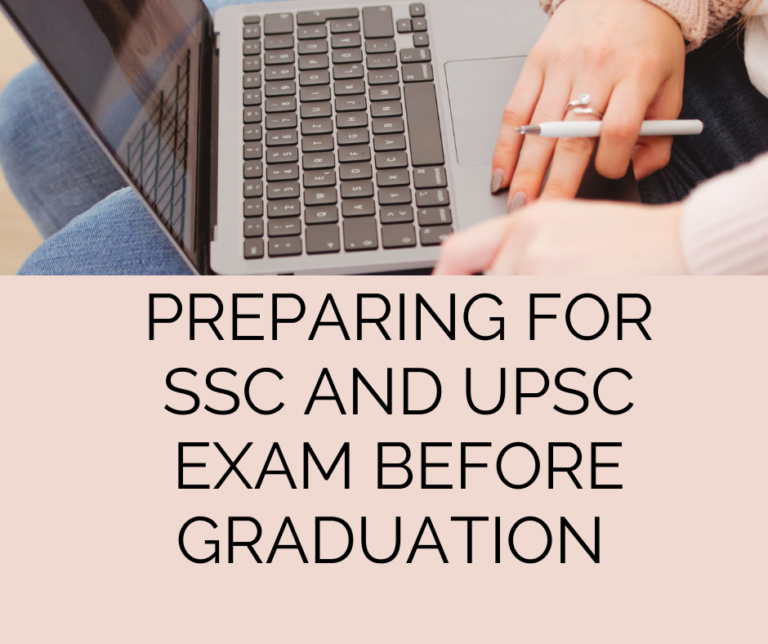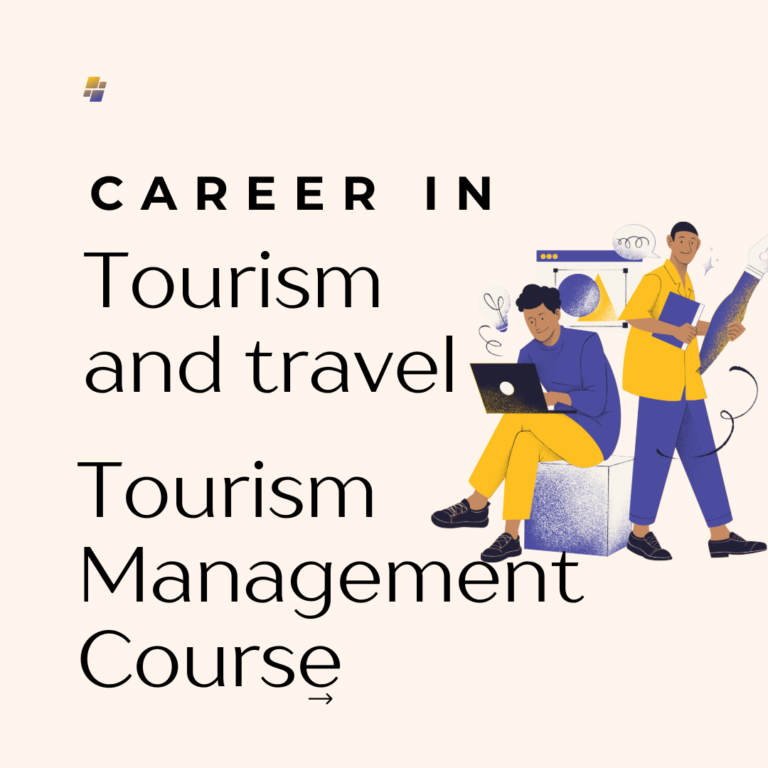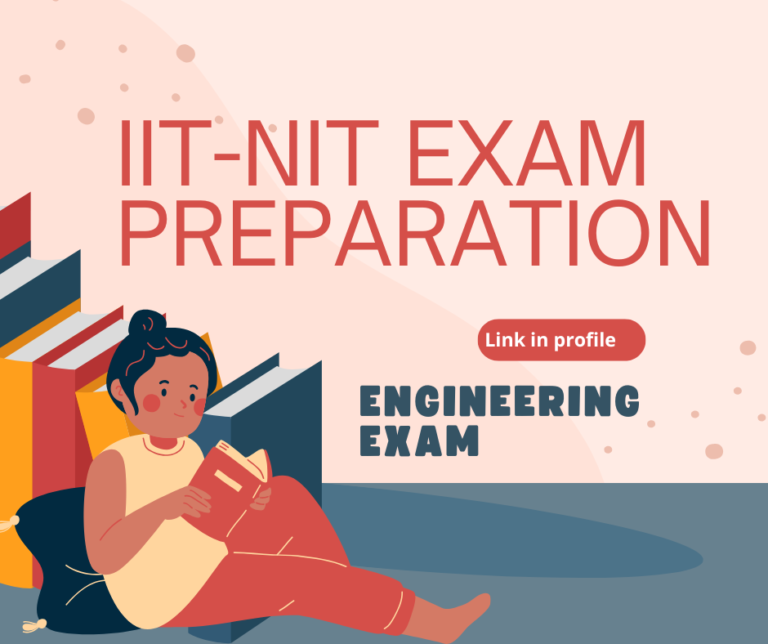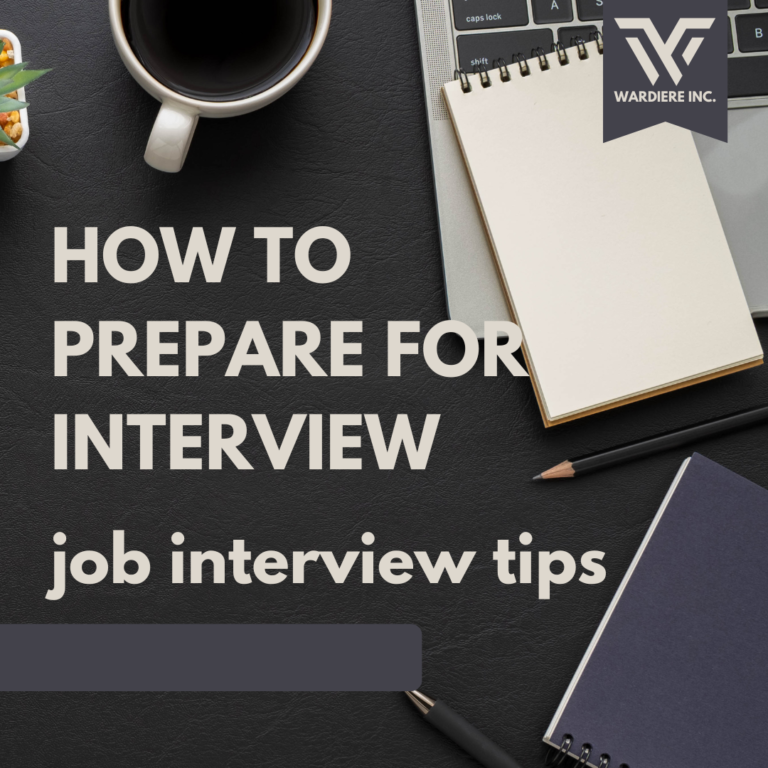Career Guidance for Students: A Comprehensive Guide
Understanding Your Interests and Passions
- Self-reflection: Take time to understand your interests, values, and strengths.
- Personality tests: Online tests can provide insights into your personality traits.
- Hobbies and activities: Explore what you enjoy doing in your free time.
Researching Career Options
- Online resources: Utilize websites, blogs, and social media platforms.
- Career counseling: Consult with a career counselor for personalized advice.
- Informational interviews: Talk to professionals in fields that interest you.
Skill Development
- Academic pursuits: Focus on subjects that align with your career goals.
- Extracurricular activities: Participate in clubs, organizations, and volunteer work.
- Internships and part-time jobs: Gain practical experience in your desired field.
Education and Training
- College or university: Explore different programs and majors.
- Vocational training: Consider technical or trade schools for specific skills.
- Online courses: Enhance your knowledge through online learning platforms.
Job Search Strategies
- Networking: Build relationships with professionals in your field.
- Resume and cover letter: Create effective documents that showcase your skills.
- Job applications: Apply to relevant positions through online job boards and company websites.
- Interviews: Prepare for interviews by practicing common questions and showcasing your qualifications.
Adaptability and Lifelong Learning
- Stay updated: Keep up with industry trends and developments.
- Continuous learning: Pursue additional education or training as needed.
- Be open to change: Embrace new opportunities and challenges.
Helpful Resources:
- Government websites: Explore resources from your local or national government.
- Career counseling services: Seek guidance from professionals in your community.
- Online job boards: Utilize platforms like LinkedIn, Indeed, and Glassdoor.











